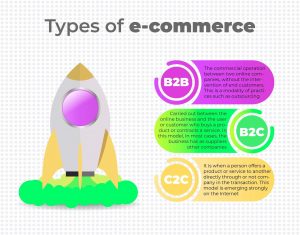Magento has been referred to as the “king of the online shopping cart” for many years and while this may have been true in the past, there are other third-party providers which are already taking this community by storm. As a growing number of entrepreneurs are looking for reliable outsourced solutions for their online business needs, it is important to see what other platforms may be able to better suit their requirements. Let’s take a quick look at some of the potential disadvantages of Magento before moving on to discover what other tools can produce viable results.

An All-Around E-Commerce Solution?
There is no doubt that Magento is able to offer certain advantages. It has been solely designed for use in the e-commerce community and its built-on SEO services were considered to be quite impressive at one time. However, there is a bit more than meets the eye in terms of functionality. One of the mains sticking points which must be faced by the SME community is that this bundle is quite pricey; a potential drawback for businesses with a limited amount of spare capital.
Another possible problem is that Magento can experience difficulties when handling heavy workloads. This primarily involves its reliance upon the PHP framework. In other words, it is said to function similar to an enterprise-level JavaScript application. Excessive loads can cause lapses in functionality. This also signifies that it will require a significant number of resources during demanding operations; affecting in-house servers as well as its ability to execute complex tasks.
On a final note, Magento has never been known for its user-friendly scripts. While this might not present an issue with coding specialists or e-commerce technicians, startup firms can find many tasks confusing and frustrating. This is arguably one of the main reasons why we are witnessing a paradigm shift towards more intuitive alternatives.
Flexible, Agile and (Most Importantly) User-Friendly Options
Many enterprise-level firms are now migrating from Magento in favour of more user-friendly options such as Shopify. This does not necessarily signify that Magento no longer has any use, but rather that there are cost-effective alternatives which provide a decidedly user-friendly advantage. Some of the main benefits associated with Shopify include:
- A very straightforward operational platform that is perfectly suited for beginners.
- Little prior experience is required.
- More amenable pricing plans.
- Excellent and targeted levels of customer support.
- No future software upgrades or security patches will be required.
It should now be clear to understand why many small-to medium-sized businesses are opting for such tools. Still, it is important to closely examine the present and future needs of your organisation in order to determine which plan might represent the best option. As the world of e-commerce continues to expand, we will likely witness a further migration away from complicated architecture towards systems that are able to provide the insight and clarity needed for stakeholders to make critical decisions within real-time scenarios.



